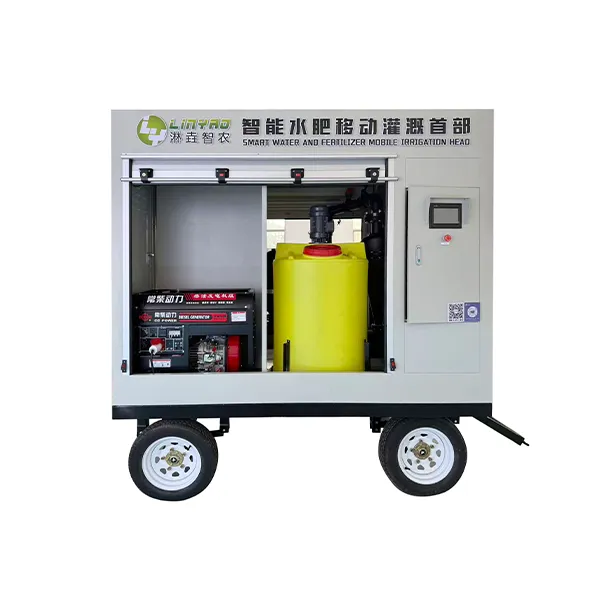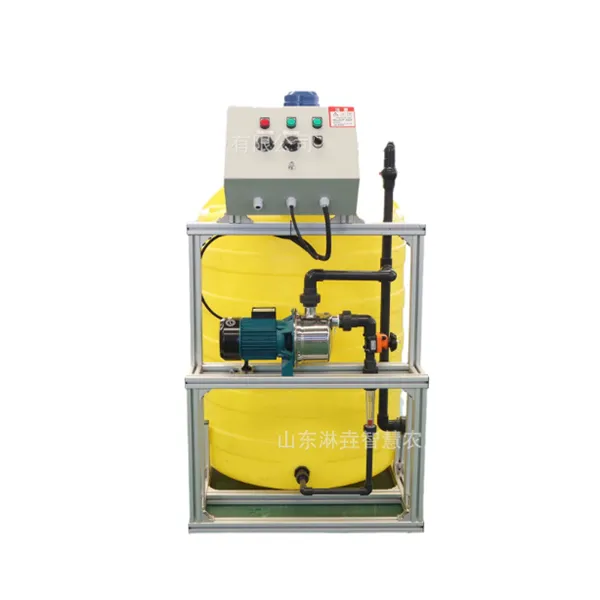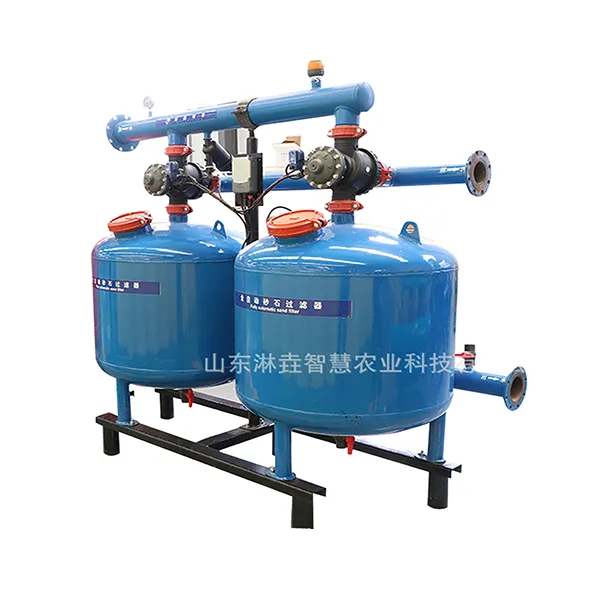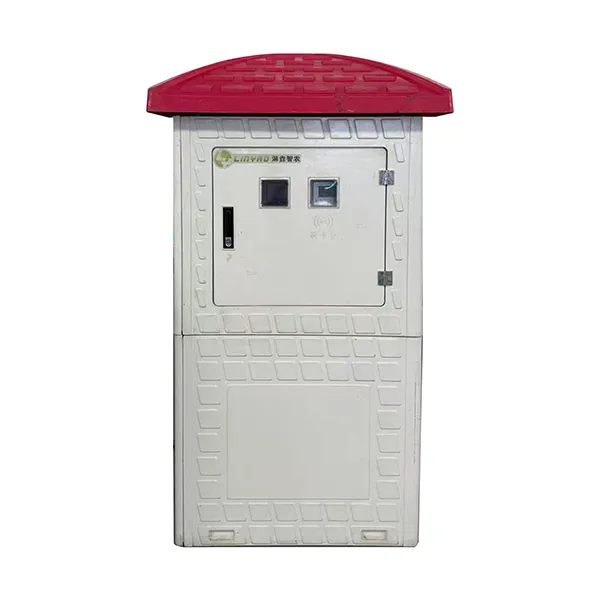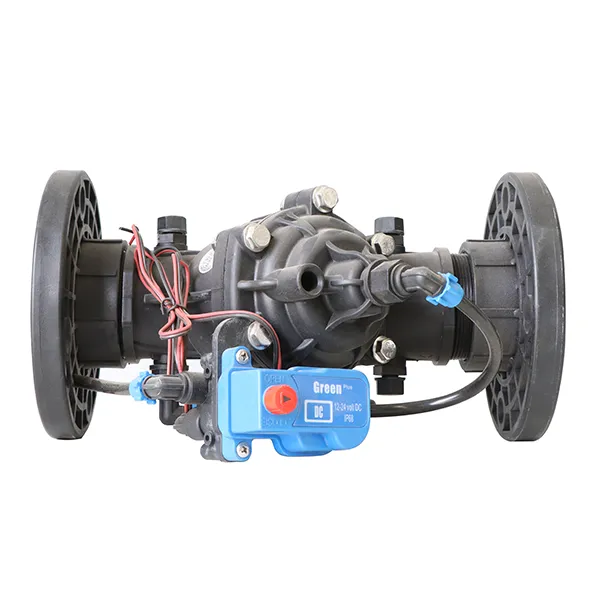
Centrifugal filters main buyer country
When you hear about “the main country of purchase of centrifugal filters”, everyone immediately thinks about Europe or the States. But in fact, for three years in a row, 60% of our shipments go to Kazakhstan. And not in the raw materials sector, but in agricultural complexes - this is important.
Where do centrifugal systems actually work?
We at Shandong Linyao LLC had a project near Astana - we installed a cascade of 12 centrifugal filters for drip irrigation of a vineyard. Local engineers initially doubted: they say, sandy soils will clog everything within a season. We had to recalculate the hydraulics to adjust for abrasiveness, and replaced the standard nozzles with ceramic ones. After this, even with a water salinity of 2.8 g/l, the filters worked for two years without replacing modules.
By the way, it is a mistake to think that centrifuges are needed only for primary purification. In the same Kazakhstan project, we connected them after the gravel filter - and reduced the load on the disk elements by 40%. This extended the life of the entire system, although initially the customer was skeptical about the 'extra link'.
Now I see a trend: Kazakh farmers have begun to combine filter types more often. For example, on the website https://www.lyzhihuinongye.ru we have posted a diagram of the 'centrifugal + mesh' combination for water with a high organic content. According to the responses, this option has become the most requested for vegetable storage projects.
Pitfalls of adaptation to the region
When we delivered a batch of filters to the North Kazakhstan region in 2021, we were faced with an unobvious problem - local pumping stations produced constant pressure drops. Centrifugal filters operate stably at 2.5-3 atm, but here they jump from 1.8 to 4.2. We had to urgently modify the control valves right on site.
Remembered for the future: now we always clarify the parameters of pumping equipment before design. By the way, in the description of technologies at https://www.lyzhihuinongye.ru we specifically added a section on compatibility with different types of pumps - after that incident.
Another nuance is winter preservation. In Kazakhstan, they require water to be drained at -25°C, and the standard drain valves of our filters did not always cope with residual moisture. Together with technologists from Shandong Lingyao LLC, we had to develop a modification with air purging. This is now a basic option for the northern regions.
Why Kazakhstan has become a key market
Analyzing our shipments, I identified three reasons: similar soil conditions (especially in the southern regions), active government subsidies for drip irrigation and... surprisingly, the high level of literacy of local agronomists. They don’t just buy equipment, but they know exactly what effect they want to get.
For example, last month a request came from the Almaty region - they asked to calculate a centrifugal filter not only in terms of productivity, but also in terms of the potential for reducing soil erosion. Such detailed technical specifications are rare even among European customers.
Interestingly, Kazakh farmers who already have experience using centrifugal filters from other brands often contact us through the website https://www.lyzhihuinongye.ru. The main complaints are the difficulty of maintenance and expensive spare parts. We at Shandong Linyao LLC have focused on ease of disassembly and unification of seals - this has become our competitive advantage.
Mistakes that we took into account in new projects
There was an unpleasant incident in the Kostanay region - the customer complained about frequent breakdowns of the rotor blades. It turned out that during installation they did not take into account the vibration from the neighboring diesel generator. We had to develop anti-vibration pads - now this is a standard item.
Another mistake is underestimating the corrosion rate. In some areas of Kazakhstan, the water has a high content of hydrogen sulfide. Standard AISI 304 stainless steel lasted only 1.5 seasons. We switched to AISI 316L for critical elements - the cost increased by 15%, but the service life tripled.
Now all our smart agriculture projects for Kazakhstan include centrifugal filters with differential pressure sensors. The data is output to a common management system - this is especially important for large farms, where one operator controls several areas.
What will change in the next 2-3 years
I see a clear request for hybrid solutions. For example, a centrifugal filter + UV disinfection in one housing. We at Shandong Linyao LLC are already testing such a system at a pilot site in the North Kazakhstan region.
Another important trend is simplification of maintenance. Kazakh farmers want to change consumables themselves without calling a specialist. To do this, we have redesigned the drain valve - now it can be replaced without completely disassembling the unit.
According to our forecasts, the demand for centrifugal filters in Kazakhstan will increase by another 25-30% thanks to state programs for modernizing land reclamation. But competition will intensify - Turkish manufacturers are already appearing with an aggressive pricing policy. Our focus is on equipment adaptability and close work with local technologists.
Correspondingproducts
Related Products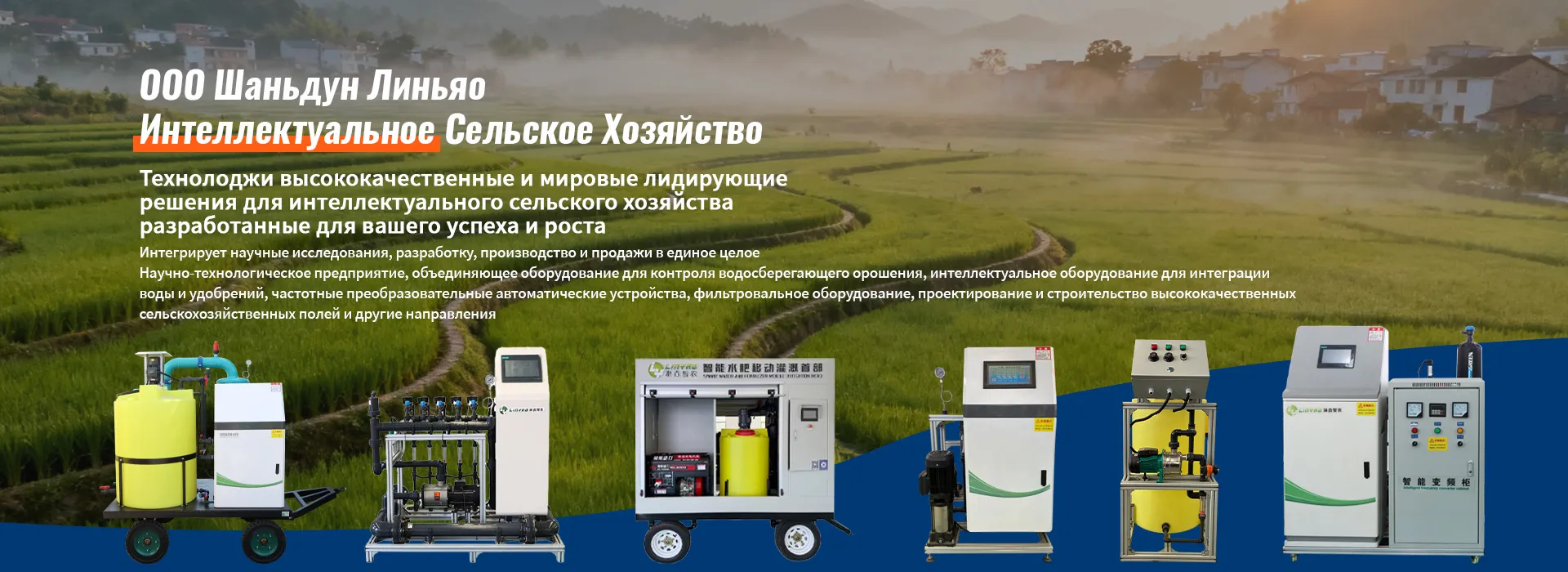
Best Sellingproducts
Best Selling Products-
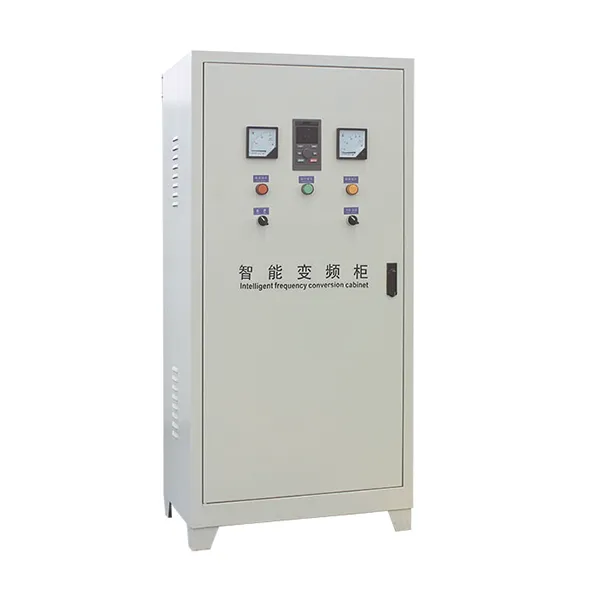 Intelligent Frequency Converter Cabinet
Intelligent Frequency Converter Cabinet -
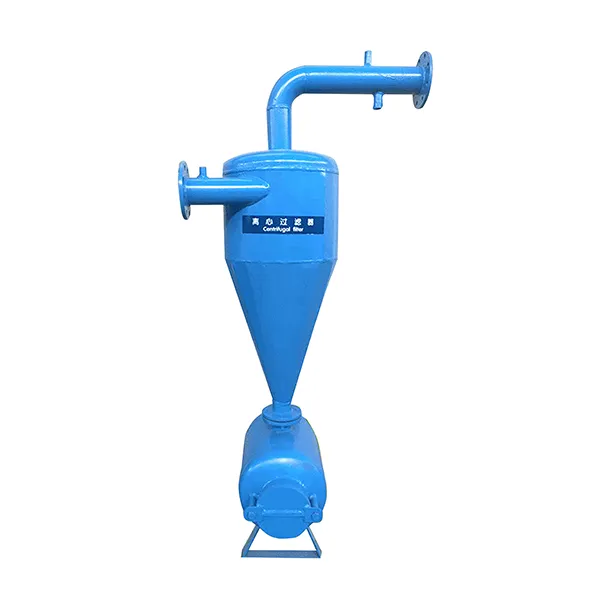 Centrifugal filter
Centrifugal filter -
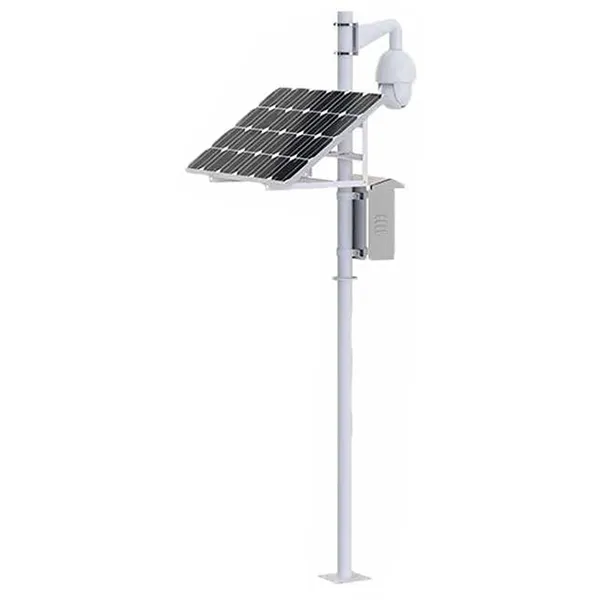 Device for monitoring the condition of seedlings
Device for monitoring the condition of seedlings -
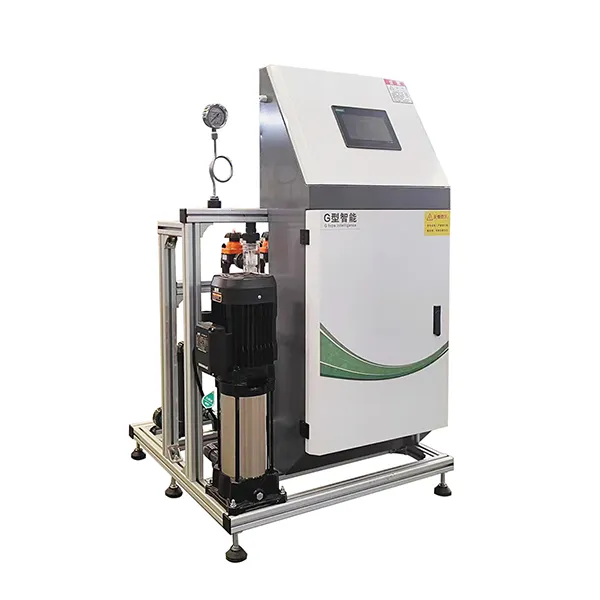 Three-channel intelligent water and fertilizer integration apparatus with 7-inch screen
Three-channel intelligent water and fertilizer integration apparatus with 7-inch screen -
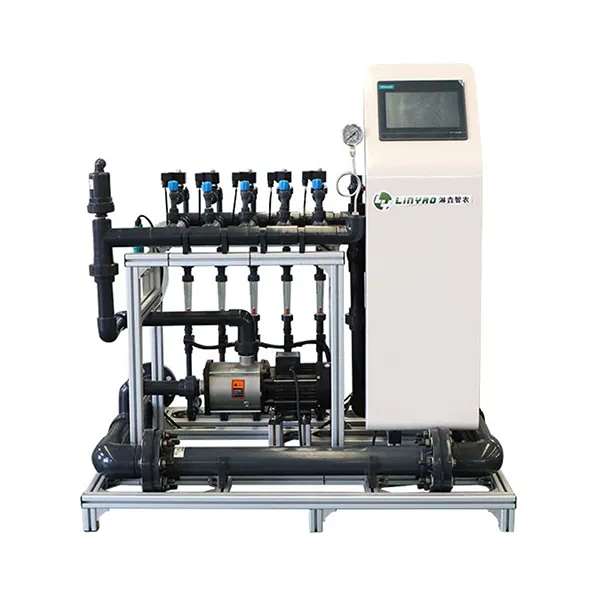 Intelligent Fertilizer Dosing Machine
Intelligent Fertilizer Dosing Machine -
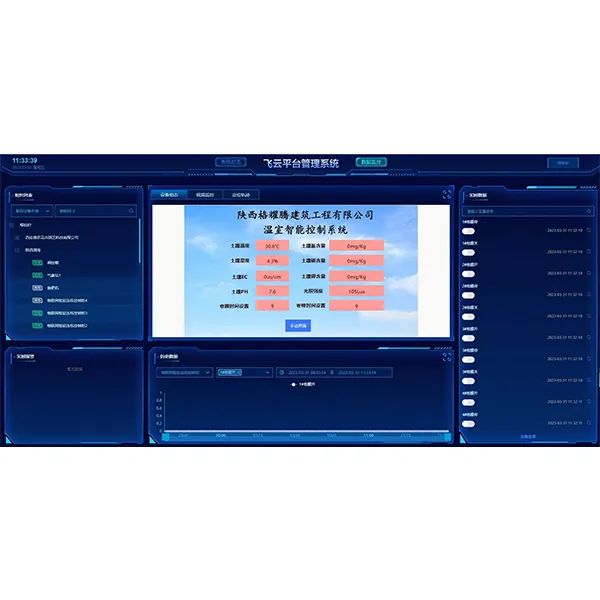 Cloud platform for smart agriculture
Cloud platform for smart agriculture -
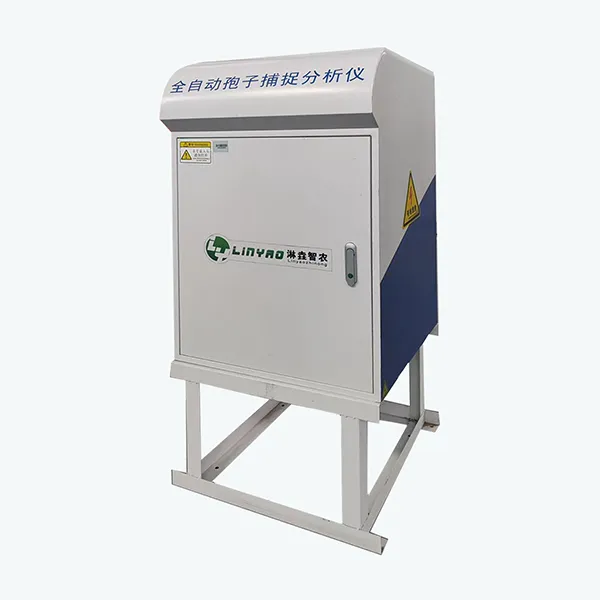 Fully automatic spore analyzer for agriculture
Fully automatic spore analyzer for agriculture -
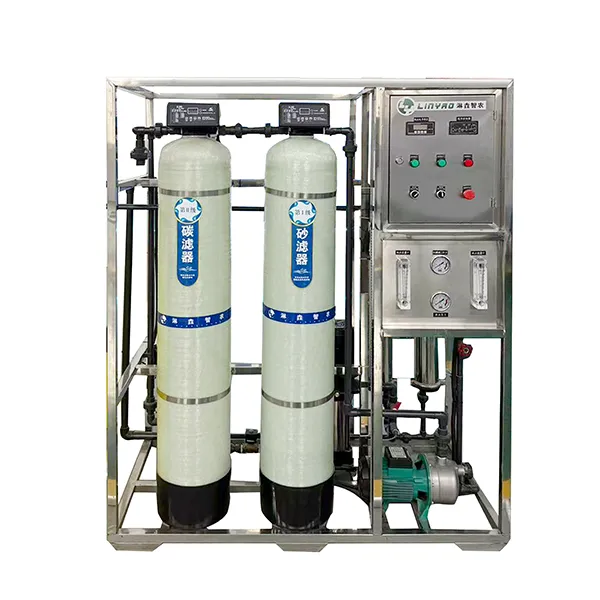 ABC Single Stage Reverse Osmosis Water Purification System
ABC Single Stage Reverse Osmosis Water Purification System -
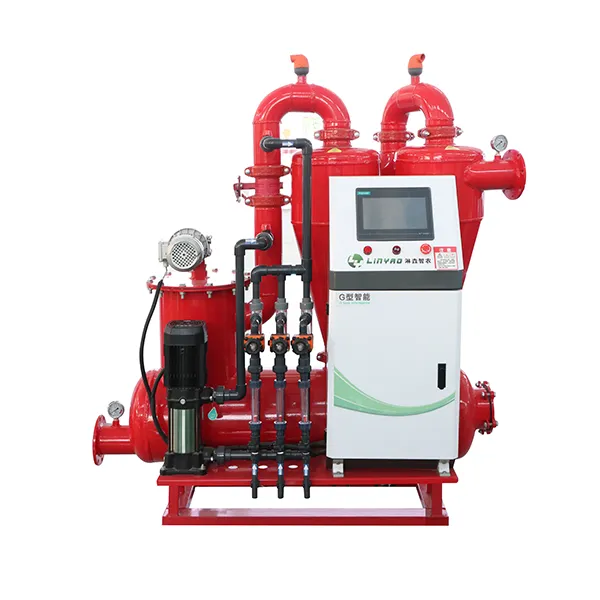 Automated Dual Function Water Fertilizer Filtration Machine
Automated Dual Function Water Fertilizer Filtration Machine -
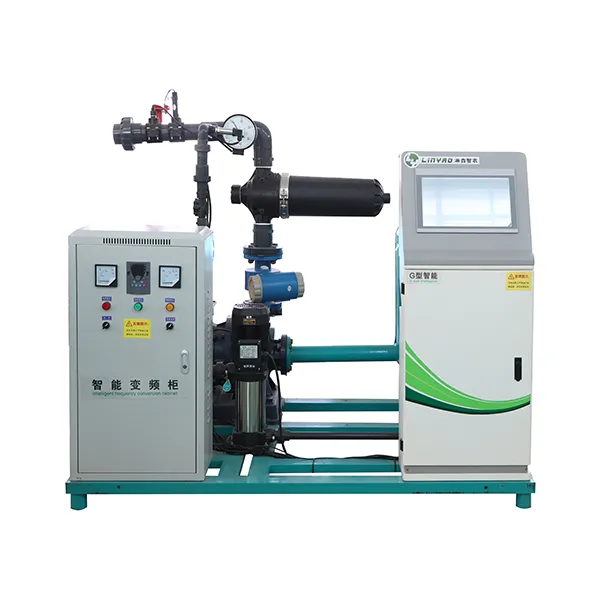 Intelligent Irrigation Control System
Intelligent Irrigation Control System -
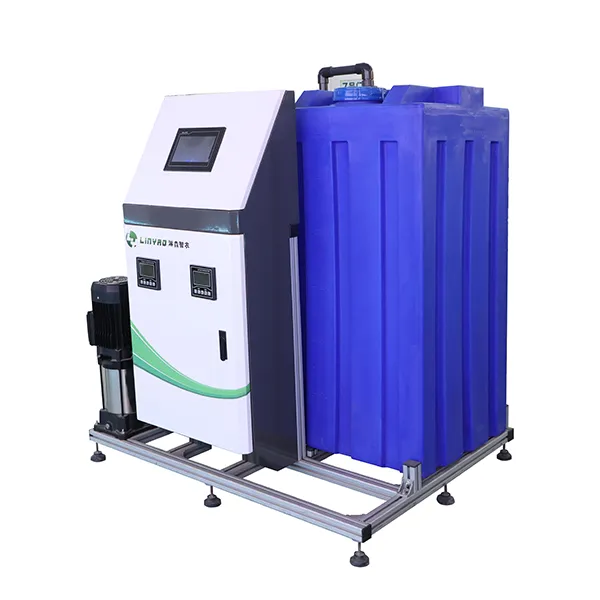 Fertilizer pre-mix fertilizer machine
Fertilizer pre-mix fertilizer machine -
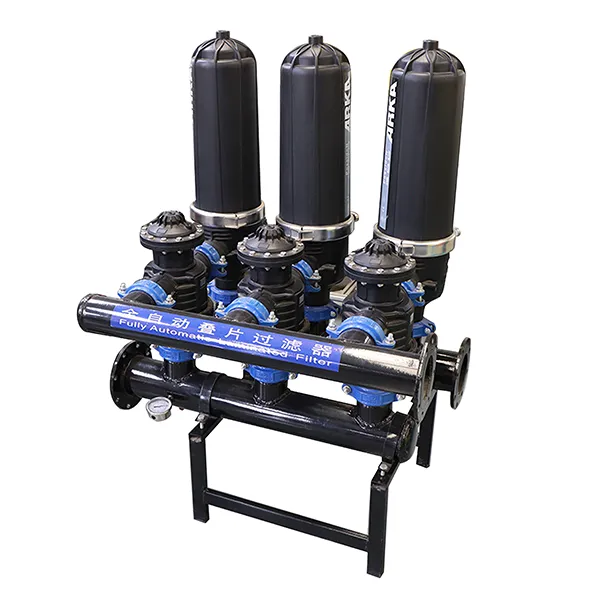 Disc filter with automatic flushing
Disc filter with automatic flushing
Relatedsearch
Related Search- Mobile water and fertilizer integration machine suppliers
- Intelligent Water and Fertilizer Integration Apparatus for Irrigation of Standard Agricultural Fields Supplier
- Wireless solenoid valve control decoder main buyer country
- Electric solenoid valve suppliers
- Land irrigation system buyer's main country
- Gardening and agricultural irrigation filters
- Solenoid valve 3 inch dc24v manufacturers
- Solenoid valve stainless steel manufacturer
- Electric Solenoid Valve Main Buyer Country
- Soilless methods of growing urban agricultural products manufacturer


